The Ultimate Physics Reviewer

Among the different branches of science, the most fundamental is physics.
Physics is the study of matter, its motion, and its behavior through space and time, along with other quantities such as energy.
While physics is broad, it can be divided into five main branches: mechanics, thermodynamics, electricity and magnetism, waves and optics, and modern physics.
To understand science and its different branches, we must first understand physics. In this review, we will briefly discuss each branch and find out how physics is just all around us.
Click below to go to the main reviewers:
Table of Contents
- 1. Mechanics
- 2. Waves and Optics
- 3. Electricity and Magnetism
- 4. Thermodynamics
- 5. Modern Physics
- References
1. Mechanics
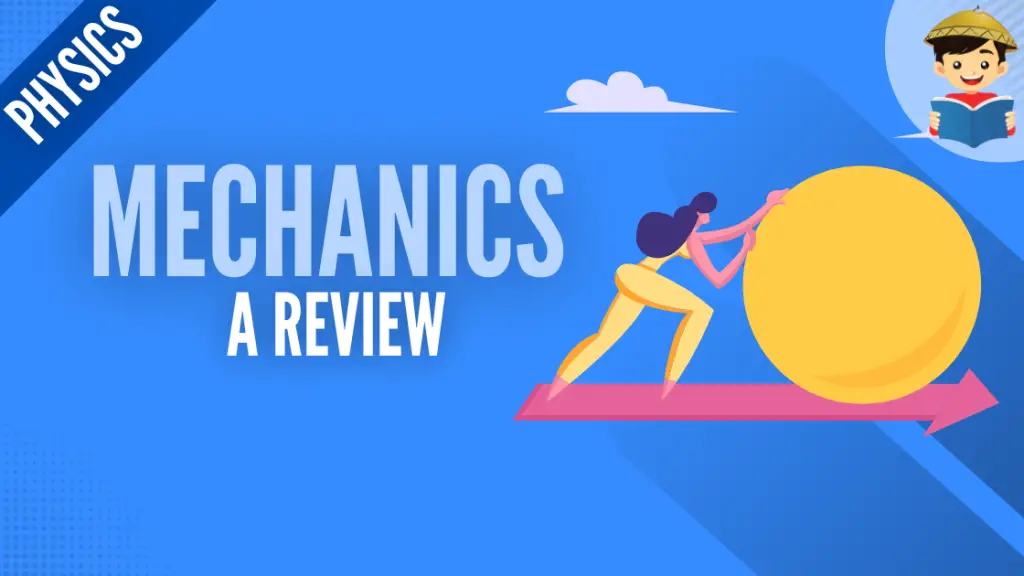
We all know that most objects move, but how will we describe their motion? In this chapter, we will learn about quantities such as vectors, scalars, and factors that describe, affect, and impede motion.
Topics:
- Scalar and Vector Quantities
- Kinematics
- Relative Velocities
- Laws of Motion
- Friction
- Work, Energy, and Power
- Momentum and Impulse
- Fluid Mechanics
2. Waves and Optics
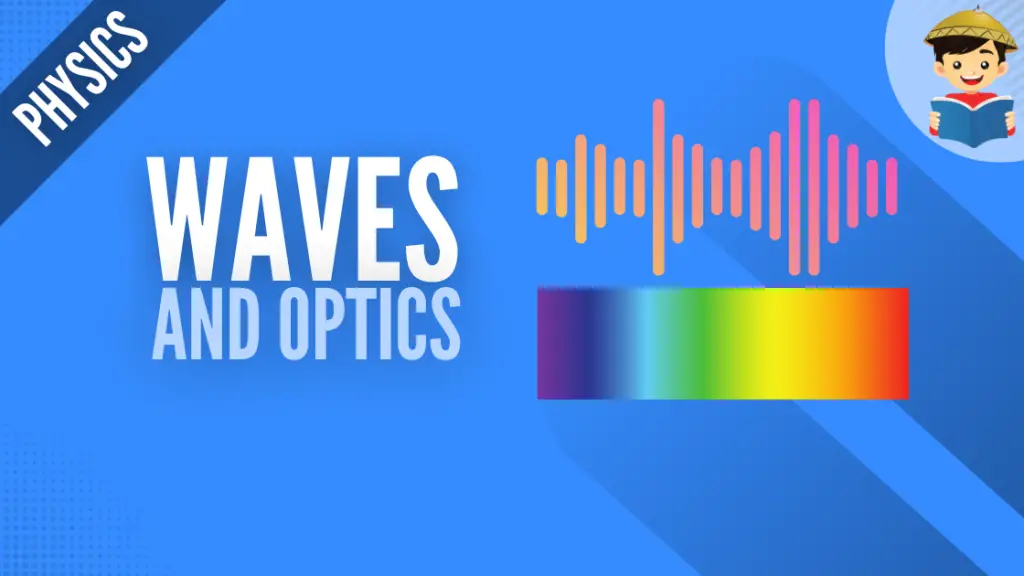
What makes light and sound the same? What makes them different? In this chapter, we will learn about different types of waves and their properties.
Topics:
3. Electricity and Magnetism
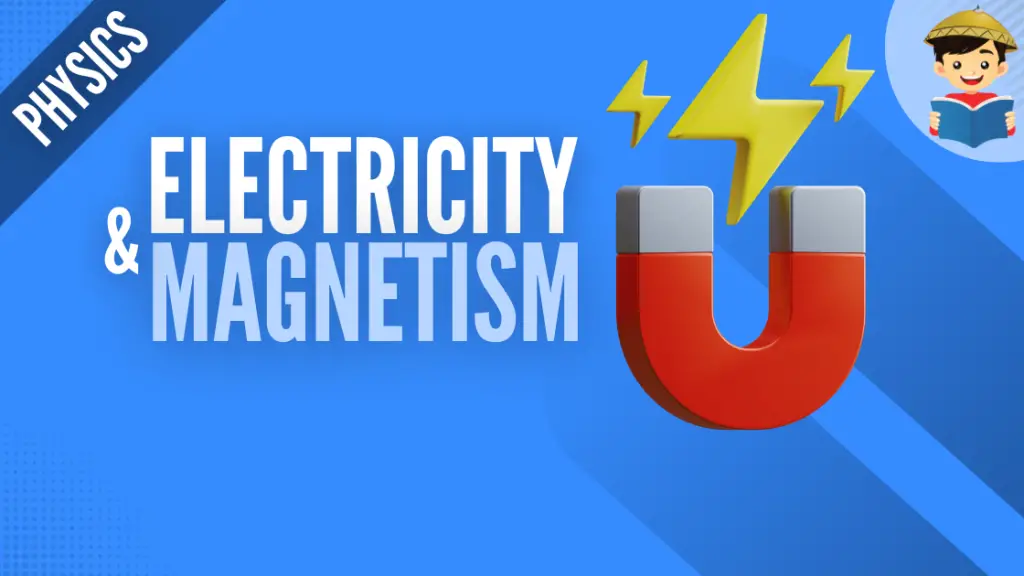
“Opposites do attract,” most young people say these days. Some people struggle to find their perfect match, but it is easy in physics. Let us learn how the opposite attracts and why, along with other concepts.
Topics:
4. Thermodynamics
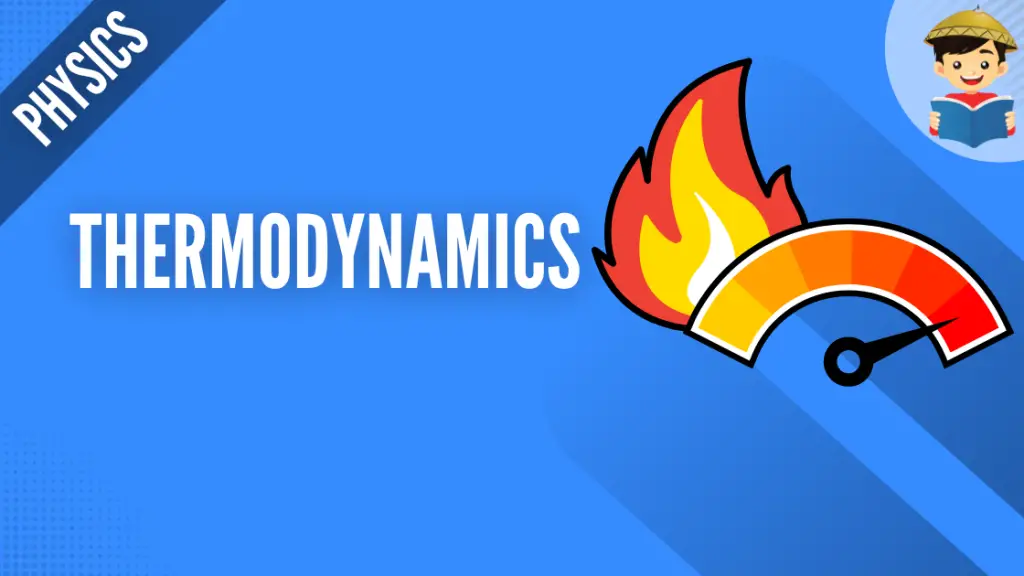
Most people describe the ones they find attractive as “hot” and those who are not as friendly as “cold.” But how will you describe “hot” and “cold” in physics? This chapter will focus on that.
Topics:
5. Modern Physics
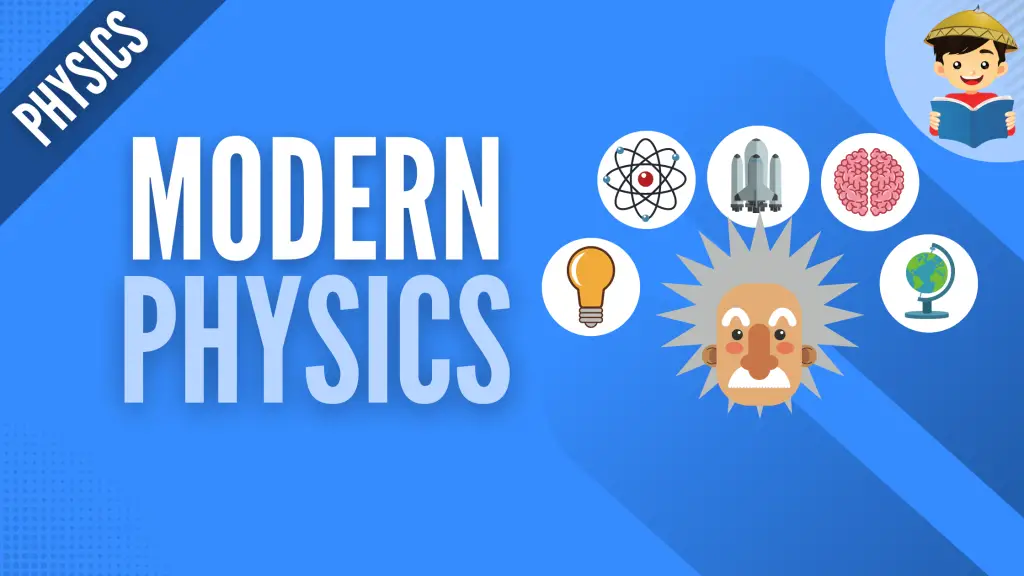
You have probably watched the movie “Interstellar,” where the father went to outer space and came back to Earth looking the same, despite the time. He should look older. Why does he look the same? In this chapter, we are going to learn why.
Topics:
Here in Physics reviewer, we learned about the fundamental aspects of physics and its various branches (mechanics, thermodynamics, electricity, magnetism, waves, optics, and modern physics).
References
Hewitt, P. G. (2002). Conceptual Physics. 9th ed. San Francisco: Addison Wesley.
Young, H., Freedman, R., Ford, A. and Young, H., 2016. University Physics With Modern Physics. 14th ed.
Written by Mary Joy Montenegro
Mary Joy Montenegro
Mary Joy Montenegro is a licensed professional teacher who obtained her Master’s Degree in Teaching Physics at De La Salle University under the Department of Science and Technology Scholarship. Aside from teaching, she also loves traveling and meeting other people.
Copyright Notice
All materials contained on this site are protected by the Republic of the Philippines copyright law and may not be reproduced, distributed, transmitted, displayed, published, or broadcast without the prior written permission of filipiknow.net or in the case of third party materials, the owner of that content. You may not alter or remove any trademark, copyright, or other notice from copies of the content. Be warned that we have already reported and helped terminate several websites and YouTube channels for blatantly stealing our content. If you wish to use filipiknow.net content for commercial purposes, such as for content syndication, etc., please contact us at legal(at)filipiknow(dot)net